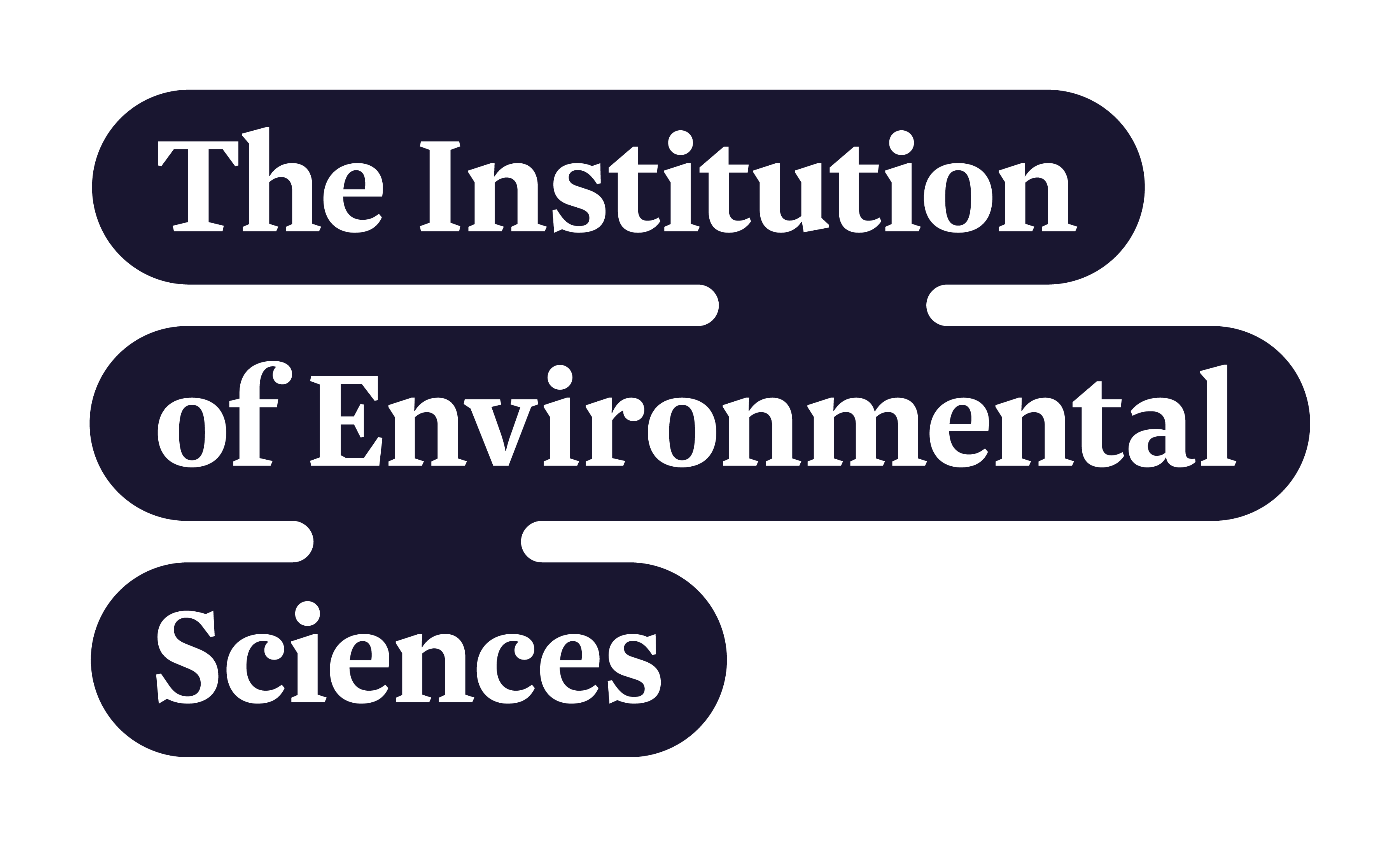Spending Round 2013
The Chancellor set out the Coalition Government’s spending plans for the first year of the next Parliament, declaring that the Government will “prioritise spending in the areas that yield the highest economic returns, including investing savings realised through greater public sector efficiency into transport, science and innovation, education and skills”. The following provides a summary of the impact on science and education.
Science and research
- The science and research budget will be maintained in cash terms at £4.6 billion in 2015/16
- More Overseas Development Aid to be spent on science and research
Infrastructure
- Capital funding for scientific infrastructure will increase in real terms from £0.6 billion in 2012/13 to £1.1 billion in 2015/16 line with inflation to 2016/17
- Guaranteed £300 billion of capital spending by the end of the decade
- Commitment to setting a long-term capital budget for science in the next Parliament growing in line with inflation to the year 2020/1
- An additional £250 million for superfast broadband to reach 95% of the population by 2017 and ensure that at least 99% of the UK have access to superfast broadband through fixed, wireless or 4G by 2018
Investment for innovation
- £185 million for the Technology Strategy Board support innovation including Catapult Centres and the Biomedical Catalyst
- Extended support for the Research Partnership Investment Fund to 2016/17, making available more than £100 million each year of matched funding to leverage private investment in science infrastructure
- £100 million channelled through the Small Business Research Initiative in 2013/14 to support private sector innovation
- £210 million investment in National Cyber Security Programme
Other spending
- £969 million for climate change projects in developing countries
- Funding for up to 180 new Free Schools, 20 Studio Schools and 20 University Technical Colleges a year
Schools and Education
As part of the Government response to its consultation on 16-19 vocational qualifications (to which theScience Council responded) the Skills Minister Matthew Hancock announced further plans for technical level qualifications and applied general qualifications at Level 3. Exam boards will need endorsement from employers, trade associations and professional bodies for occupational qualifications, and endorsement from universities for applied general qualifications.
The Education Secretary Michael Gove announced the next stage of reforms to GCSE and A-level examinations. Course work and controlled assessment will be replaced by end of course examinations in all subjects bar science and maths, which will retain a certain amount of course work. Draft subject content for GCSE science and GCSE maths was published in conjunction with the Education Secretary’s announcement.
Shadow Education Secretary Stephen Twigg announced plans for the Labour Party to create ‘national colleges of excellence’ in vocational subjects. Colleges would focus on a single vocational subject
In a report on the 2012 GCSE English results, the House of Commons Education Select Committee has raised general concerns about the current speed of reforms to GCSE and A-level qualifications.
Higher Education
The Office For Fair Access (OFFA) annual report has highlighted the declining number of part-time and mature undergraduate students in English universities, which fell by 40% and 7% respectively between 2011/12 and 2012/13. In March the Higher Education Funding Council for England (Hefce) reported these figures with additional information on postgraduate recruitment, finding that there had been a 5.4% fall in recruitment to full-time taught and research courses in 2012/13.
The OFFA and Hefce have jointly published an annual monitoring report on widening access to higher education institutions. The report found that the sector increased spending on widening participation activities, with the majority of institutions meeting or exceeding targets set from the previous year.
The Social Mobility & Child Poverty Commission report on access to higher education has found evidence that the proportion of students at some leading UK universities from state schools and disadvantage backgrounds is lower than a decade ago.
Universities UK (UUK) is continuing its review of part-time and mature higher education provision, which will report in October 2013. The review, under the chairmanship of President of UUK, Professor Eric Thomas is being undertaken in response to the HEFCE report.
The University Alliance has proposed a new framework for higher education funding. The framework will be developed over the coming months in collaboration with Vice-Chancellors, economists and experts from the UK and abroad.
Universities UK has published a report, ‘The funding environment for universities: an assessment’ which examines the impact of recent reforms to the higher education sector to the funding of undergraduates and student immigration arrangements.
The Institute for Public Policy Research’s Commission on the Future of Higher Education published its finalreport, “A critical path: Securing the future of higher education in England”. Among its recommendations are the need for a long-term, above inflation increase in the science and research budget, and strengthening vocational education pathways through further education colleges.
Universities and Science Minister David Willetts announced a £125 million investment to provide support to students from disadvantaged backgrounds take up postgraduate study. An initial £25 million will distribute grants to universities and colleges, followed by £50 million to remove ‘financial or cultural barriers to participation in postgraduate education’, with universities and businesses expected to contribute an additional £100 million.
The CentreForum think tank published a report on postgraduate education, recommending that the Government’s priority should be to collect data to establish whether the new funding model is suppressing demand for postgraduate education.
Skills and Careers
The National Careers Council has published its year-long investigation into young people’s careers provision, calling for a culture shift in careers provision for all ages.
The Women’s Business Council report has reported, calling for better and more readily available careers advice and information, work experience and provision of ‘job-ready’ skills. The Council also identified attracting more girls and young women into STEM careers in particular as a means of improving the workforce talent pool.
The Department for Business, Innovation and Skills and the Department for Education have published guidance for the further education sector on securing independent careers guidance for students.
The Department for Environment, Food and Rural Affairs has published a ‘Future of Farming Review Report’ recommending that the sector needs “a demonstrable form of professional qualification available to it that will help at every stage of career progression”. It also recommends that the sector review its current and future skills needs, and seek to develop highly regarded vocational qualifications and apprenticeships.


